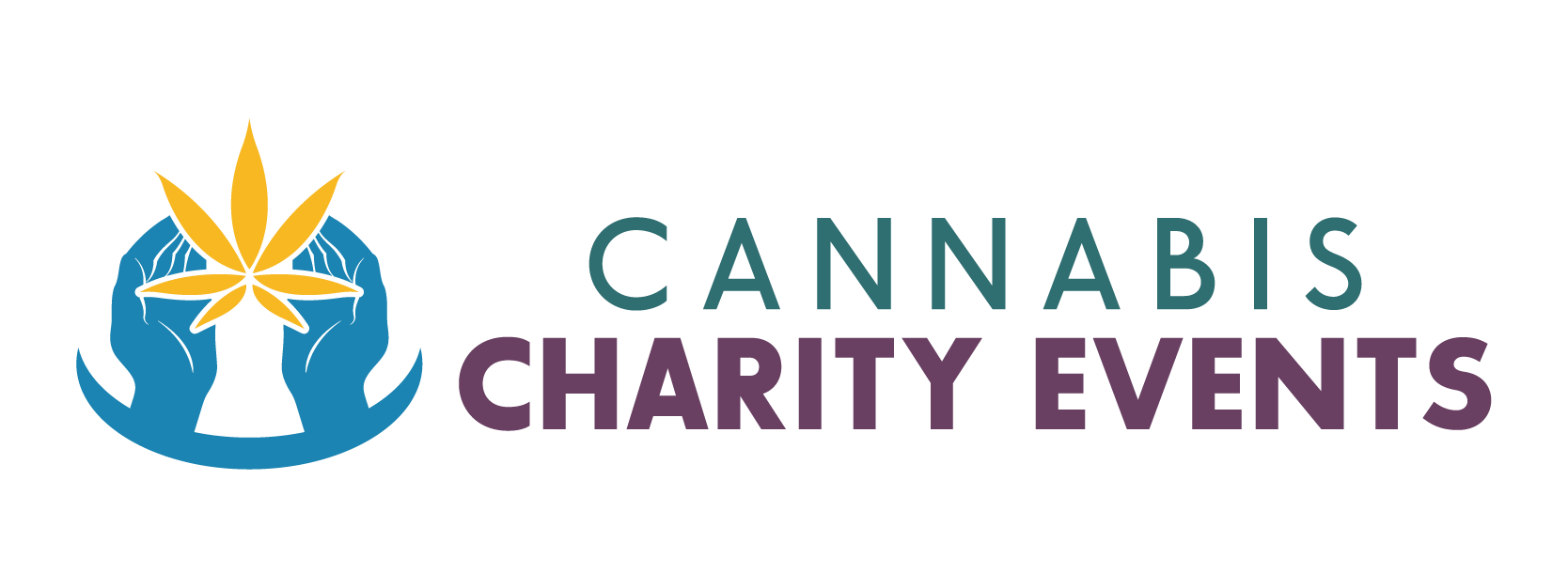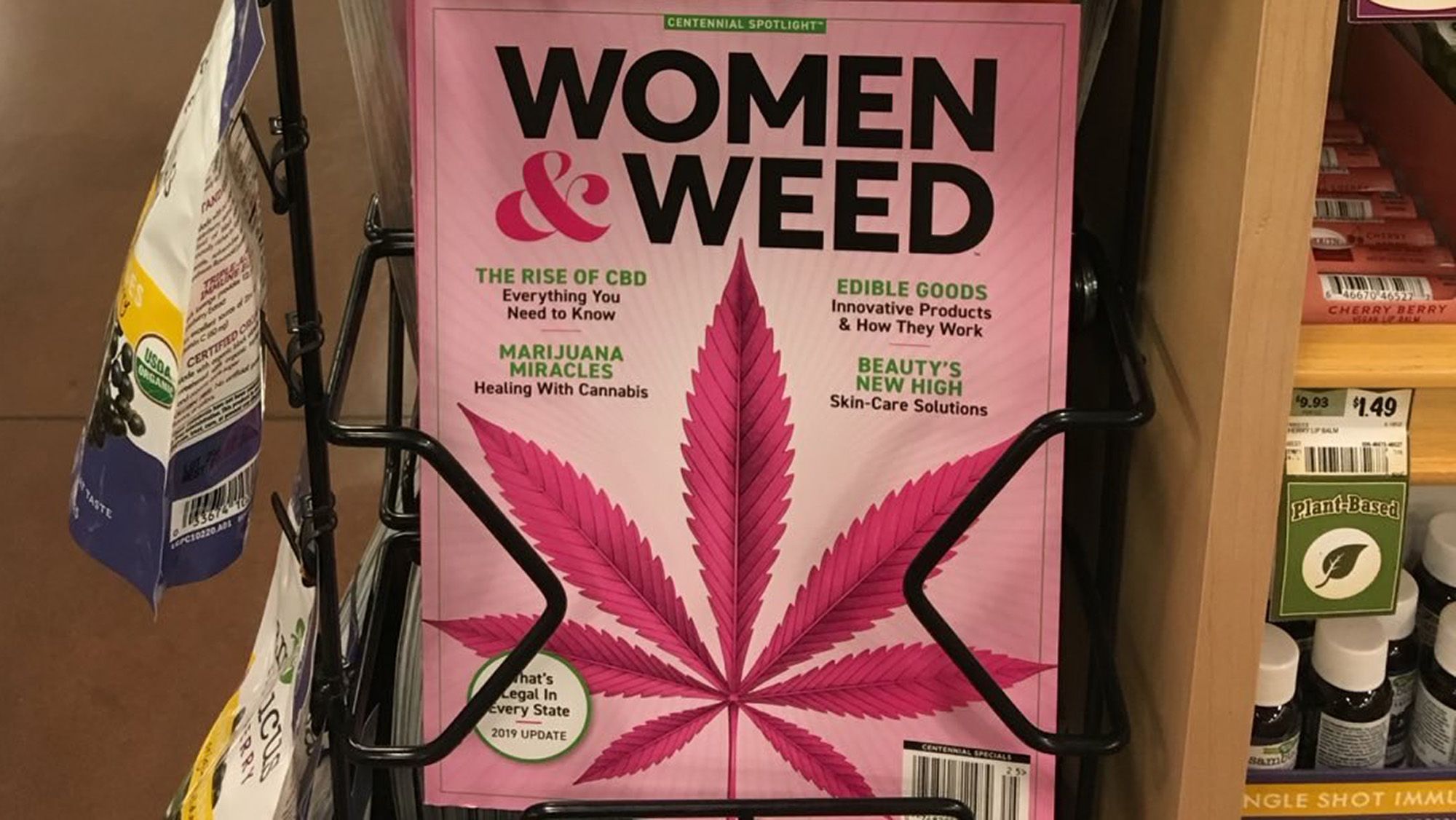-
How Charity Events Can Uplift Women and BIPOC Entrepreneurs in Cannabis
Read more: How Charity Events Can Uplift Women and BIPOC Entrepreneurs in CannabisIn an industry still grappling with legacies of exclusion, charity events have emerged as powerful tools to support women and BIPOC entrepreneurs in cannabis. By…
Blog Corner
-
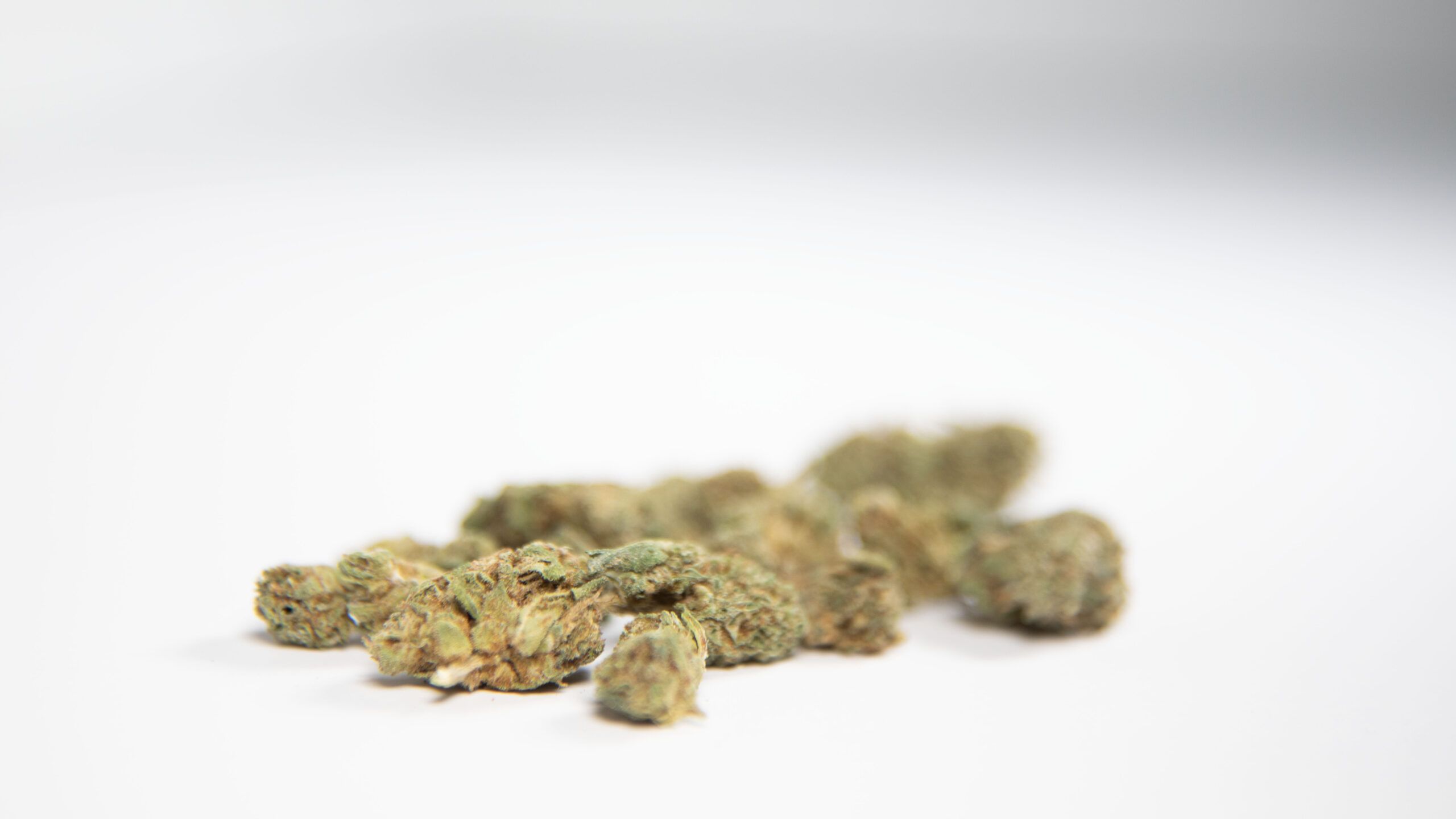
A New Era of Cannabis Acceptance
As cannabis continues to gain legal and cultural ground across the United States, charity events have quietly become one of the most effective tools for reshaping public perception. From golf…
-
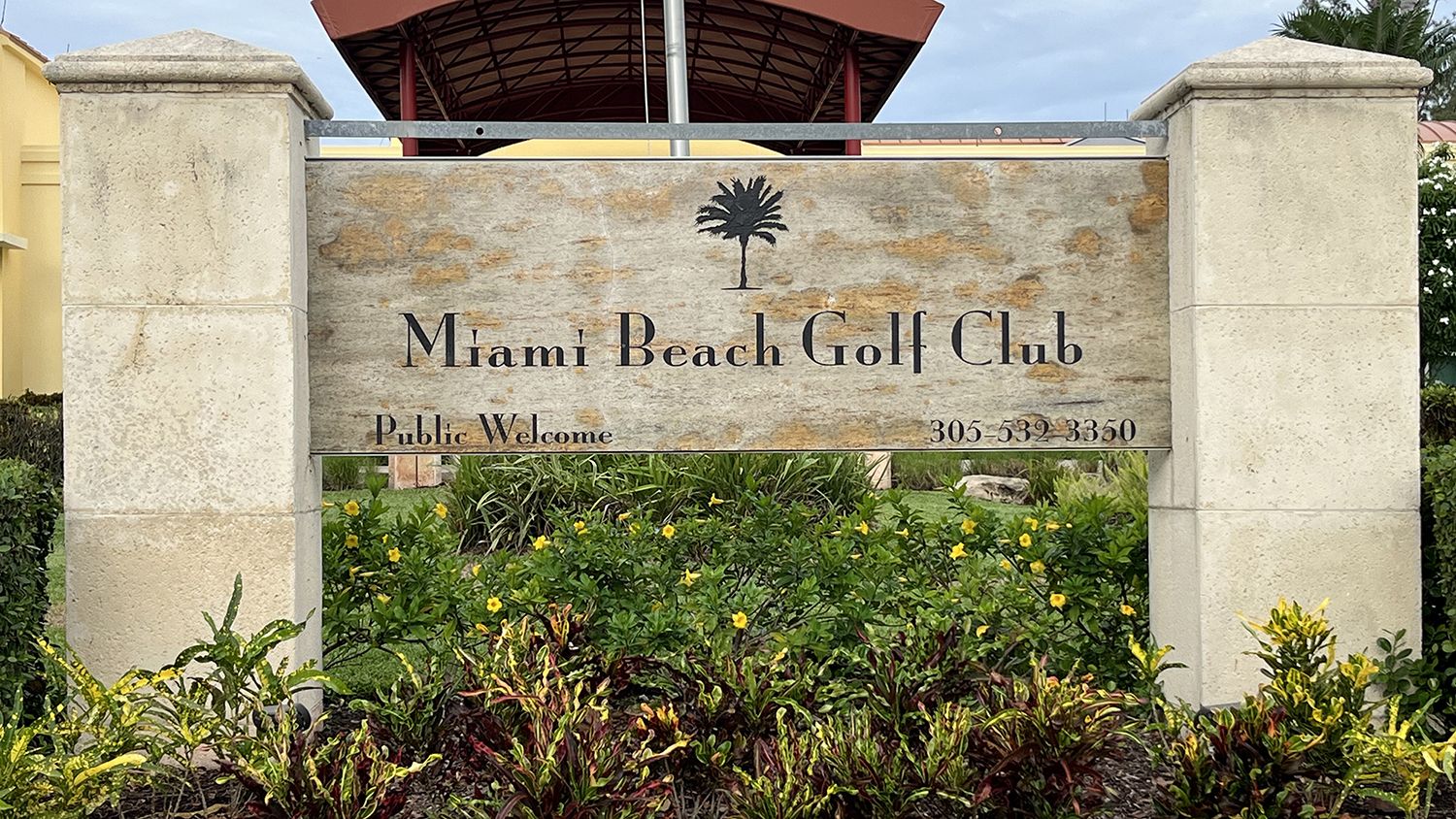
The Top Cannabis Brand Charity Golf Events in the U.S.
In the fast-growing cannabis space, brands are increasingly leveraging philanthropy and experiential marketing to build community, demonstrate values, and give back. One of the standout formats: charity golf tournaments. These…
-
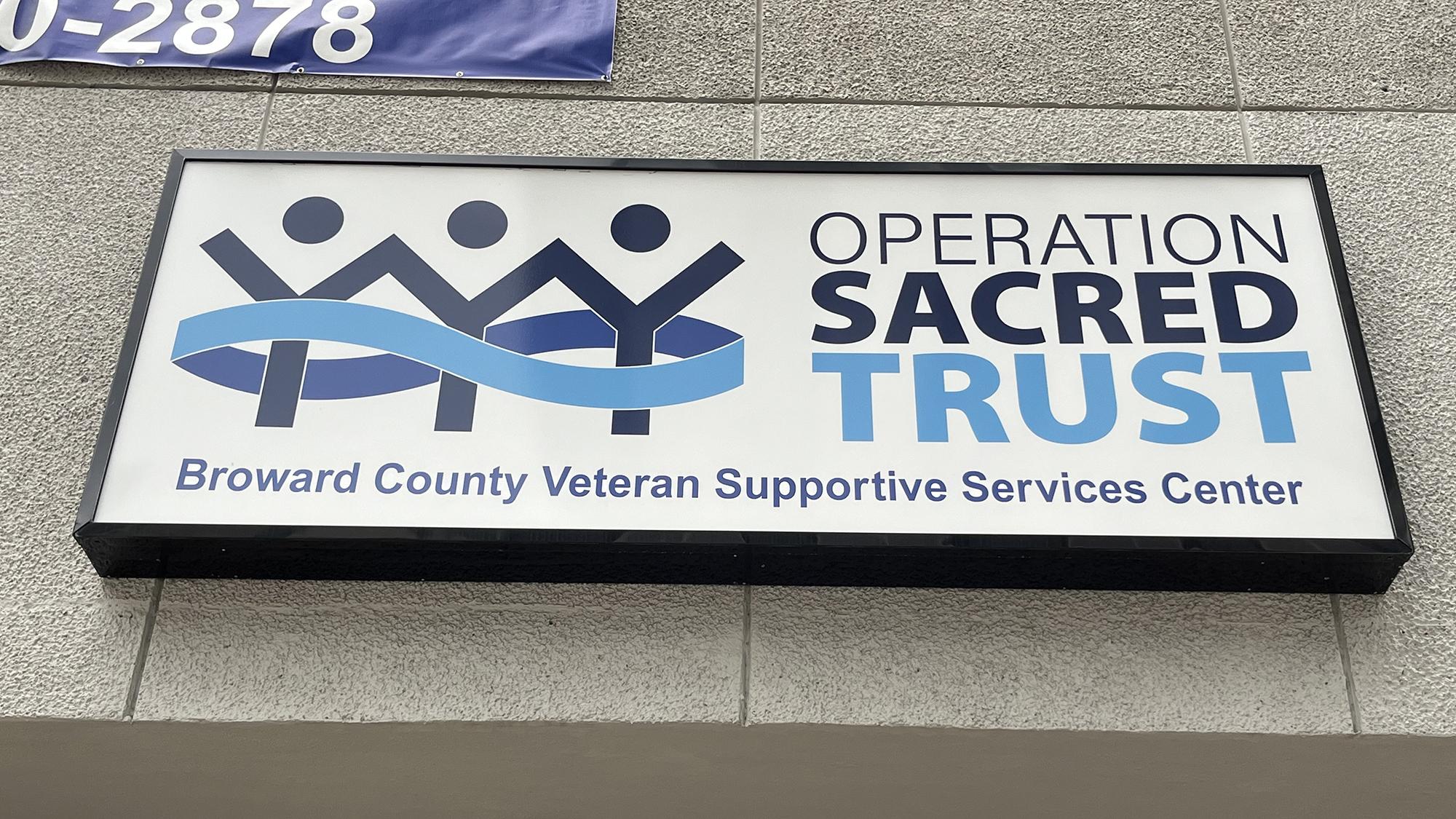
Charity Events Supporting Veterans Through Cannabis Advocacy
For many veterans, returning home doesn’t mark the end of battle—it signals the beginning of a new one. Post-Traumatic Stress Disorder (PTSD) and chronic pain affect a significant number of…
